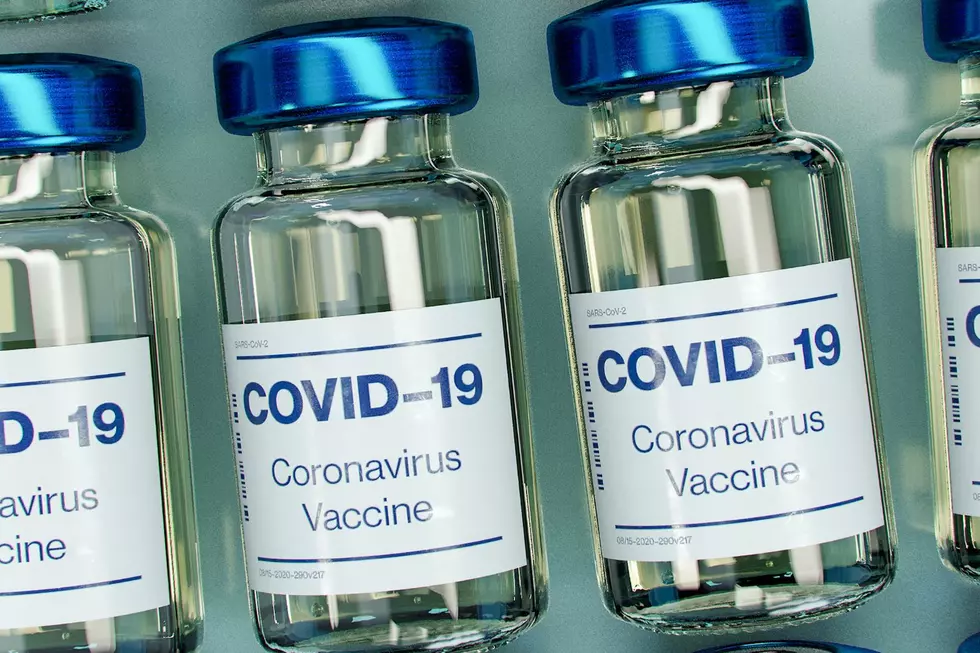
Child COVID Vaccine Questions Answered by Renowned Pediatrician
With the Centers for Disease Control strongly recommending COVID vaccinations for children aged six months to five years of age, the American Academy of Pediatrics reached out to KGVO News and made Dr. Lee Savio Beers, Immediate Past President of AAP available for an early Monday morning interview.
Dr. Savio Beers addressed the fact that while ‘Operation Warp Speed’ initiated under the Trump administration got the COVID vaccines for adults out in less than 18 months, the vaccines for children received much longer testing and evaluation.
“We actually did invest pretty heavily right at the start of the pandemic, making sure that our vaccine manufacturers and our scientists had the resources they needed to be able to move this quickly,” said Dr. Savio Beers. “But I think it's really important to note that the science itself wasn't rushed. These vaccines are based on science and research that has been going on for decades now, and really, they just needed the resources and the ability to sort of move through the bureaucracy to get them out there and that was really a wonderful success.”
Dr. Savio Beers again emphasized the care taken to ensure the vaccines for young children were safe and effective.
“After a vaccine has been studied and approved or authorized in adults, then we back down in age because of course, we want to be extra careful for the little ones, and that's why it's taken so long,” she said. “It's taken so much longer after the adult vaccine so that our youngest can have a vaccine that was authorized because we just want to be able to take our time and really make sure that that the vaccine is safe for them.”
She said the COVID vaccine operates much the same as every other vaccine that children receive starting at a very young age, such as the DPaT.
“It protects our little ones just like all of our other routine vaccines,” she said. “So just like all of our vaccines, the vaccine immunization stimulates your body to make antibodies against an illness just like we've been exposed to the actual virus except for you don't have those side effects potential complications of being ill with the virus. And so that sort of builds your body's natural immunity and so it's just the same that we've seen in our older kids or adolescents or adults building their immunity against the virus, the same with our little ones.”
Dr. Savio Beers provided helpful advice on how to prepare a young child to receive the vaccine and the corresponding boosters.
“Talk to your child ahead of time,” she said. “Let them know you know that as you know, the doctor does all sorts of things to help keep you healthy and safe, and sometimes these immunization shots are one of those things. Just reassure them that it may hurt for a very, very, very short period of time, but that is going to go away quickly and that you're going to be there to help them feel safe and you're going to be there to help them feel better afterward.”
New research from the Ad Council has found that roughly half of all parents (52%) have not yet firmly made up their minds about getting their child under 5 vaccinated.
Click here to see the local story just published recently on how to schedule your child’s COVID vaccinations.
Answers to 25 common COVID-19 vaccine questions
KEEP READING: Learning From Mistakes During the Spanish Flu
KEEP READING: These are the top 6 scams connected to the pandemic
More From Newstalk KGVO 1290 AM & 98.3 FM









